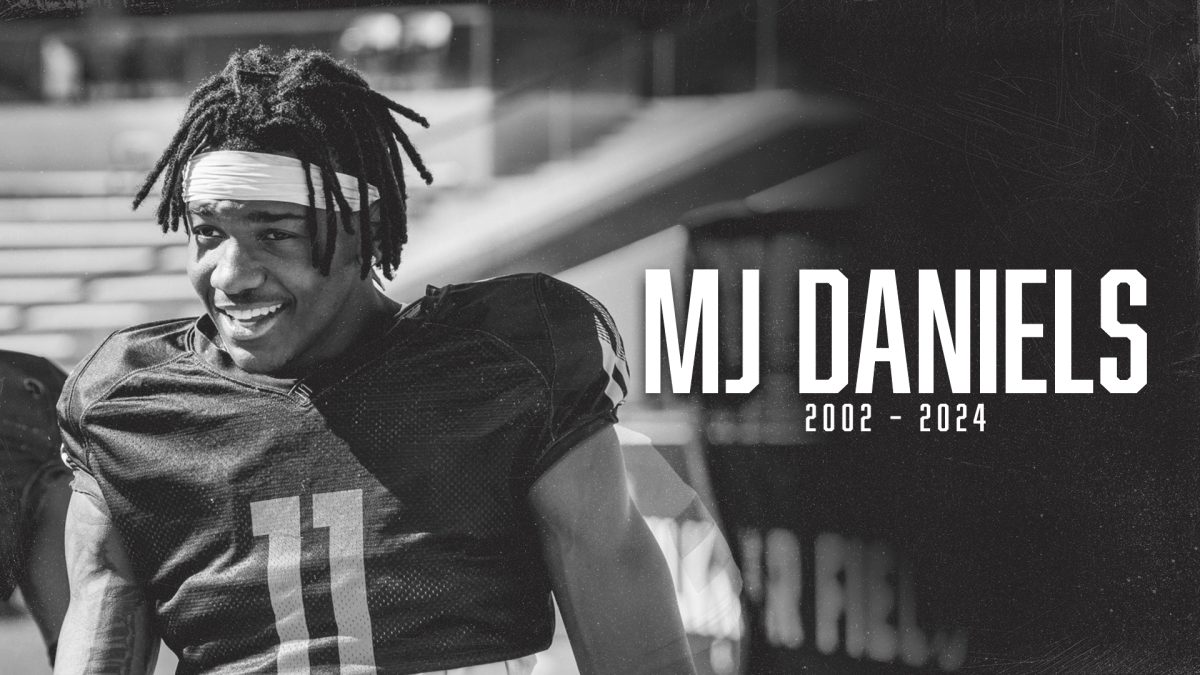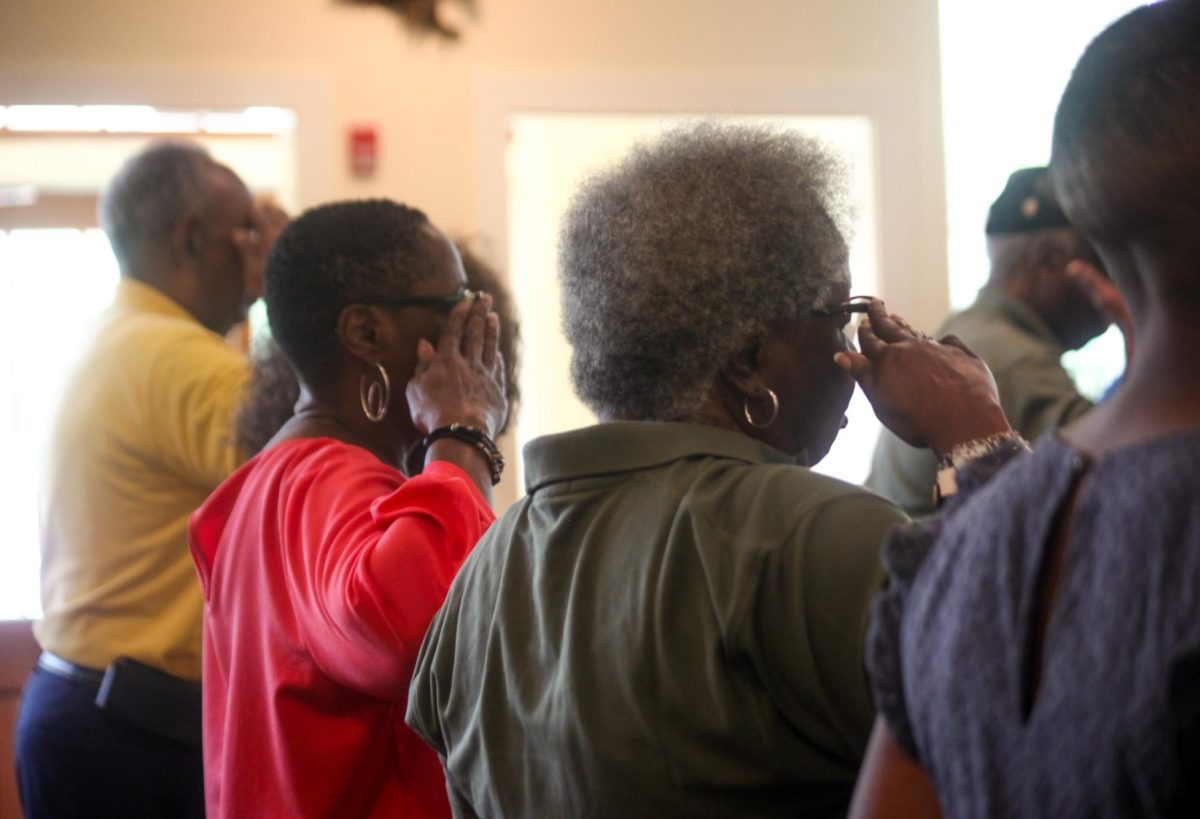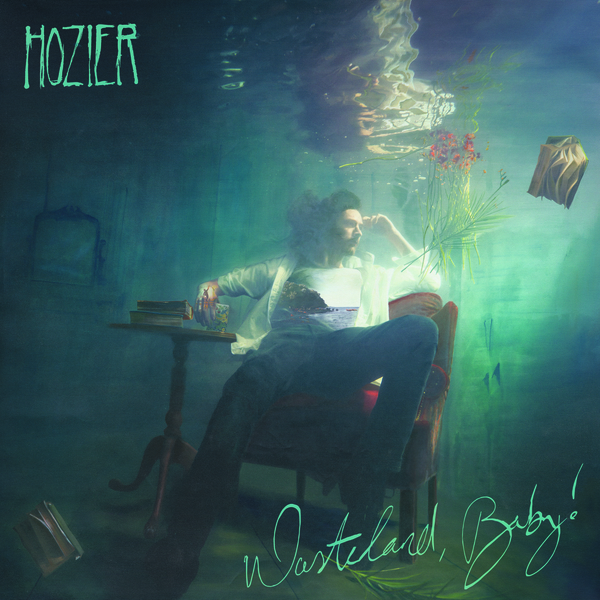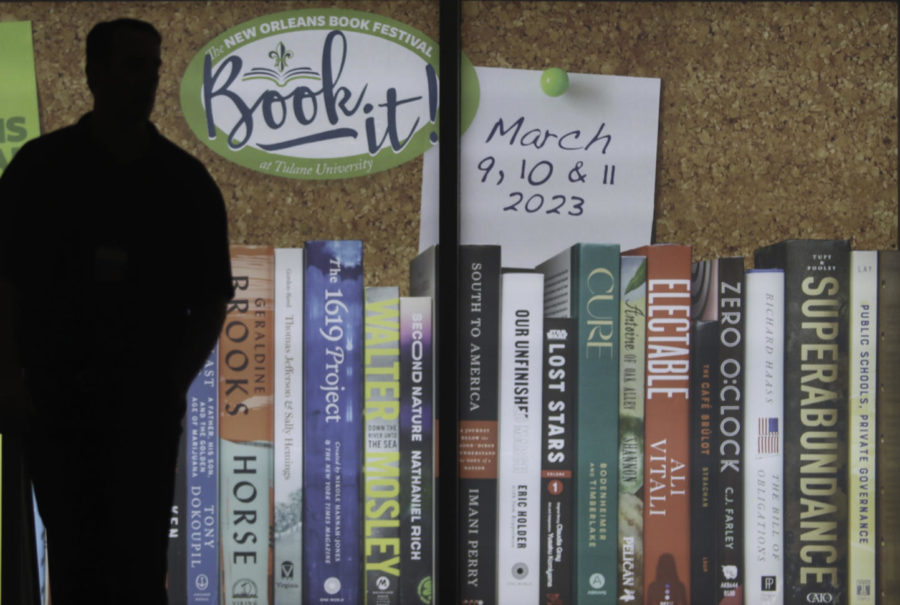Five years after his debut self-titled album, Hozier finally released his sophomore album “Wasteland, Baby,” an album influenced by rock ‘n’ roll, blues and soul. Armed with a total of 14 tracks, this record is ultimately a reflection on love in all its forms: platonic, lost, passionate and obsessive–just to name a few.
Accompanied by vocalist Mavis Staples, Hozier takes a knee with opening tack “Nina Cried Power.” It is the outlier of the album with both its different tone and message. Throughout the song, Hozier lists prominent black artists and activists á la Billy Joel in “We Didn’t Start the Fire.” Hozier’s song is reminiscent of the political songs of the ‘70s.
A personal favorite is the second track, “Almost (Sweet Music).” Almost upbeat in its denial, the song is a reflection of moving forwards from a lost love and attempting to find solace in a rebound. “I’m almost me again / she’s almost you” hits the listener like a sucker punch to the gut.
The third track, hard-hitting “Movement,” follows. Hozier’s songs have always been littered with literary and mythological references, such as 2014 “From Eden.” The song “Movement” is no different with lyrics such as “like Jonah on the ocean” and “you’re Atlas in his sleepin’.”
The album’s strong start, however, slips into a lull. Filler tracks such as “Nobody,” “To Noise Making (Sing)” and “As It Was” blur together on the first listen. Hozier’s crooning almost makes the words indistinguishable; although, “Nose Making (Sing)” showcases an interesting development of Hozier’s style.
However, the album hits its stride in its second half with songs such as “Shrike.” While its chords are reminiscent of 2014 “As Real People Do,” the song manages to stand on its own. Soaked in regret, the narrator laments a lost love.
Another personal favorite is 9th track “Talk.” With its deep bass, the song draws elements from funk, but that is not its most redeeming quality. A song about seduction, Hozier’s songwriting truly shines on the track with its unreliable narrator and allusions to the Greek tragedy of Orpheus and Eurydice.
In “Would That I,” Hozier tricks the listener into believing this will be another slow crooner, before he belts the chorus. With his lyrics, Hozier characterizes past lovers as trees he tended before setting them to burn.
Songs “Dinner & Diatribes” and “Sunshine” are not filler content on their own, but within the album, they are overshadowed by the stronger tracks.
The final song is title track “Wasteland, Baby,” which is an acoustic reflection of love as an apocalyptic event. However, rather than a tragic ending, falling in love is viewed as a beginning: a phoenix rising from the ashes. It is perhaps the best song to describe the album’s overall message.
In conclusion, Hozier’s long-awaited album is a welcome return with twists on familiar sounds. While Hozier developed as a vocalist, his best strength is in his songwriting, and “Wasteland, Baby” is no exception.
photo courtesy Hozier.com




























